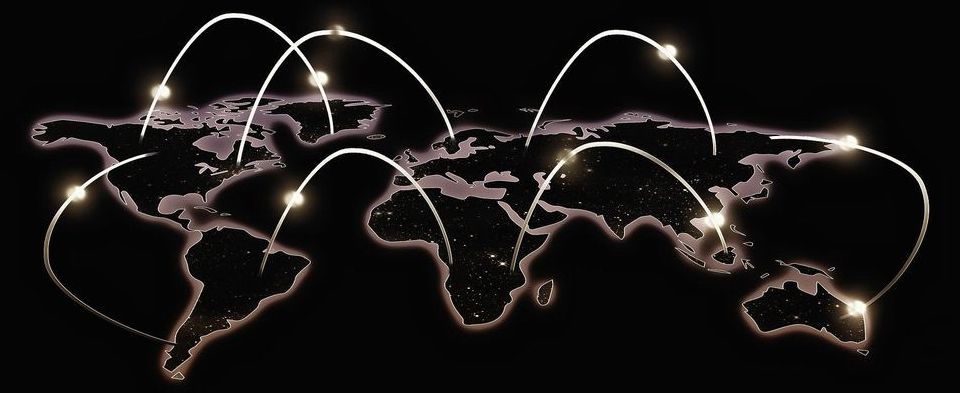Free internet access must be considered as a human right, as people unable to get online—particularly in developing countries—lack meaningful ways to influence the global players shaping their everyday lives, according to a new study.
As political engagement increasingly takes place online, basic freedoms that many take for granted including free expression, freedom of information and freedom of assembly are undermined if some citizens have access to the internet and others do not.
New research reveals that the internet could be a key way of protecting other basic human rights such as life, liberty, and freedom from torture—a means of enabling billions of people to lead ‘minimally decent lives’.
